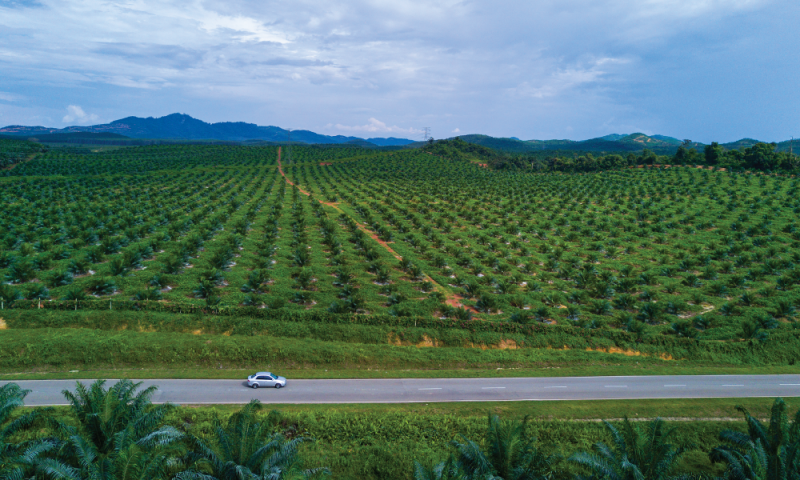Adding value through MSPO to benefit smallholders in the long term
The demand for sustainable palm oil is on the rise, make no mistake and there is no turning back. The push for environmental and socioeconomic sustainability is a top priority. From upstream to midstream and downstream, and from growers to millers, traders and retailers, every stakeholder has a commitment to fulfil.
The implementation of sustainable practices is one of the deliberate and measured steps to steer the palm oil industry forward. Traceability of the supply chain in palm oil production and procurement is fundamentally important in particular to traders and consumers. It attests transparency and credibility to the efforts of reducing carbon footprints and minimizing deforestation.
The Malaysian Sustainable Palm Oil (MSPO) certification is indeed a highly laudable initiative by the Malaysian government to champion the cultivation and production of sustainable palm oil. The soon-to-be-mandatory scheme targets oil palm growers and millers, who can either be individually certified or group-certified (i.e. a single certification covering a group of estates or a group of mills or group of smallholders or a combination of an estate, mill and/ or smallholders).
Smallholders are crucial stakeholders in the sustainability journey as they make up about 40% of the total oil palm planted area in this country. While the Roundtable for Sustainable Palm Oil (RSPO) certification is too broad and expensive for the smallholders, the MSPO fits the smallholder’s profile, governed by the very nature of smallholding farming in the Malaysian context. Feel free to browse the Malaysian Palm Oil Certification Council (MPOCC) website for the scope and components, guidelines and processes, audit and accreditation of the MSPO scheme.
With continuous improvement and adoption of responsible palm oil production practices in mind, the Malaysian government has been at the forefront of promoting MSPO diligently, reaching out to the 650,000 smallholders nationwide. These smallholders will be educated and assisted to obtain their MSPO certification by the end of 2019.
Statistics for the MSPO certified areas as of September 2019 are published here.
One of the key benefits of getting the MSPO certification is access to a broader global market or even new or emerging markets as demand for environment-friendly products is on the rise. This can be achieved through compliance with the required food safety, quality and sustainable social and environmental elements.
By having fulfilled or exceeded the required sustainable standards, smallholding producers are in the driver’s seat of securing permanent income for their produce. It is also about building a solid reputation for the business. MSPO-certified members can lead by example through positive social, environmental and economic impacts while empowering consumers with more informed decisions.
Better still, MSPO can be adopted by the market in a cost-effective way, benefiting both the palm oil producers and consumers.
One more thing that is worth observing - the certification for the local palm oil industry is consolidating and maturing - and with MSPO on board, it simply means more business.
RM12.50 / month
- Unlimited access to award-winning journalism
- Comment and share your opinions on all our articles
- Gift interesting stories to your friends
- Tax deductable
